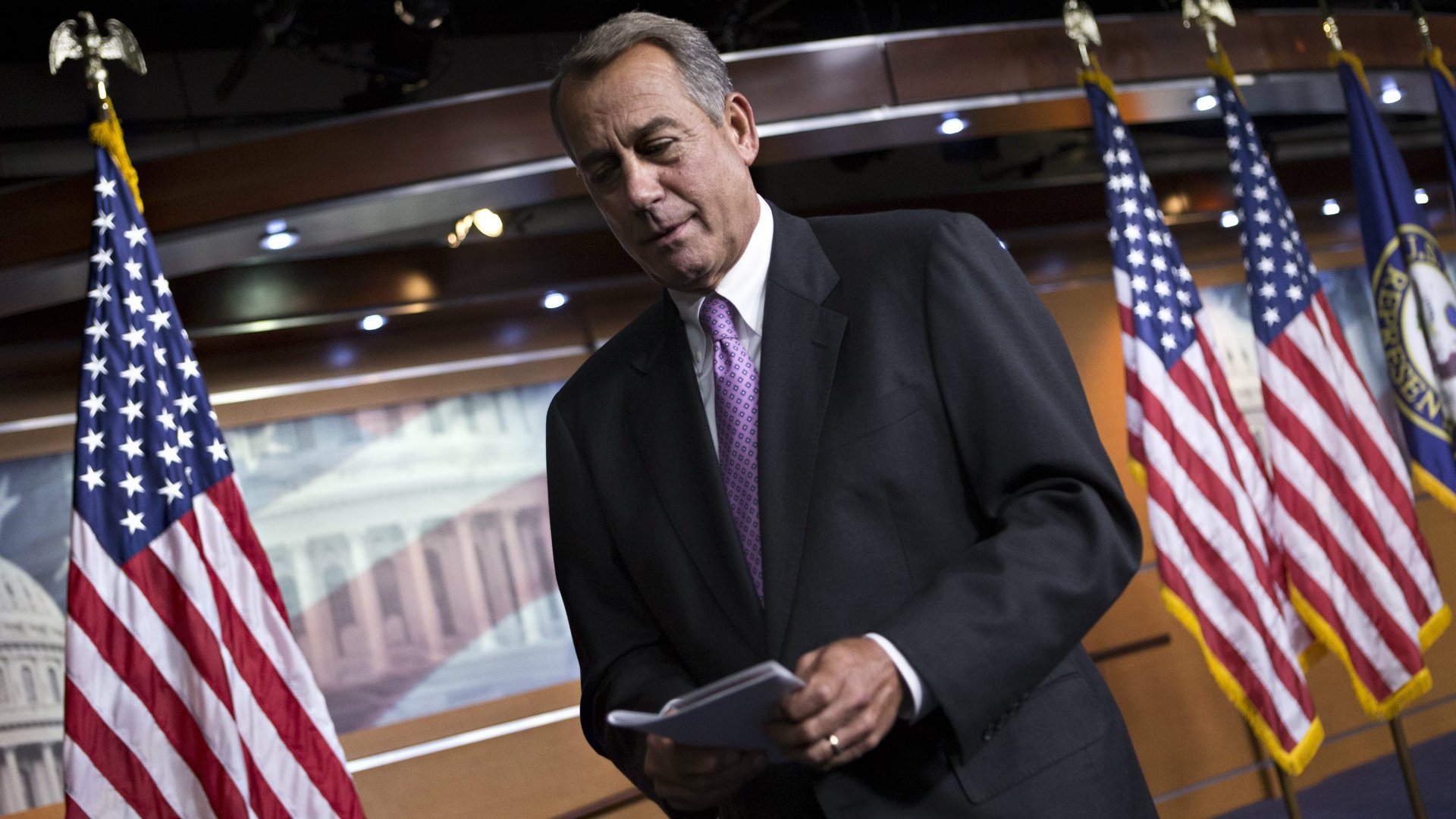Expecting the government to fix economic uncertainty is like trying to predict the future with a magic eight ball
Psychologists often say the need to resolve uncertainty is what motivates us to perform. This explains why uncertainty is important in economics, yet it is often misunderstood or underestimated. A great financial economist once explained to me the difference between macroeconomics and finance. “Macro only focuses on the deterministic part, and finance is about the error term.” Meaning: macroeconomics is about what’s knowable and predictable, while finance attempts to define uncertainty—transform it into risk by quantifying and hedging it. But he reckons uncertainty is the most important part of economics and is baffled as to why macroeconomics doesn’t pay more attention to it.


Psychologists often say the need to resolve uncertainty is what motivates us to perform. This explains why uncertainty is important in economics, yet it is often misunderstood or underestimated. A great financial economist once explained to me the difference between macroeconomics and finance. “Macro only focuses on the deterministic part, and finance is about the error term.” Meaning: macroeconomics is about what’s knowable and predictable, while finance attempts to define uncertainty—transform it into risk by quantifying and hedging it. But he reckons uncertainty is the most important part of economics and is baffled as to why macroeconomics doesn’t pay more attention to it.
I thought of that conversation when I saw this blog post from UC Berkeley economics professor Brad Delong: “‘Uncertainty’ Will Decline When (a) Fiscal and Monetary Policies Are Stimulative Enough to Bring About Full Recovery… “
This illustrates the financial economist’s point. Take this basic equation economists use to describe GDP:
GDP = consumption + investment + government spending + net exports
This suggests income is under our control. If people consume less or investment falls, then government spending can make up the difference. If you include risk the equation should be:
GDP = consumption + investment + government spending + net exports + error term
Now it gets more complicated; what drives that error? On the one hand, uncertainty can motivate people to work harder and accumulate wealth so they feel more secure. But too much uncertainty can paralyze an economy. When there is a lot of uncertainty, people save more, so consumption falls, or firms become skittish about expanding, so investment falls. Can government make up the difference or does it add to the uncertainty?
If policy is consistent and reliable, then the government can reduce uncertainty. A strong social safety net means you don’t need as much precautionary saving. If firms know the government will spend when consumers won’t, they’ll be more inclined to invest. Two economists at Goldman Sachs believe that the state of being in a recession increases uncertainty. If so, it seems that a government intervention is necessary.
But for that to work, you need a government that is wise, benevolent and predictable. In finance you can transform uncertainty, say what will happen to a stock’s price next year, into risk by observing how that stock behaved in the past and its current fundamentals. You can make inferences from that about what the stock might do in the future. This allows you to make decisions and plan around uncertainty. It’s an imperfect science, to put it mildly. Policy uncertainty is even harder to quantify because it is subject to the whims of an unpredictable political process. For example: it’s hard for a company to decide how many people to hire today with the fiscal cliff looming at the end of this year. Will payroll taxes increase? Will there be weaker demand? That sort of uncertainty can’t be quantified and hedged so some firms prefer to sit on their cash and wait.
Does uncertainty matter? Of course, it always does. A little uncertainty can be good for growth, but too much stalls it. There is scope for the government to lessen uncertainty, but the nature of politics tends to make it worse.